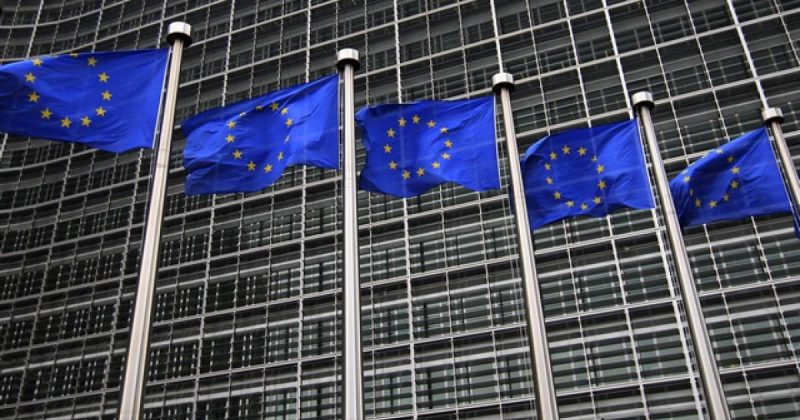The European Union has pinpointed six prominent technology firms whose market control it aims to tackle by introducing new regulations focused on promoting competition. Alphabet, Amazon, Apple, Meta, Microsoft, and the Chinese company ByteDance have been designated as gatekeepers. As a result, they will need to comply with legal mandates designed to change the manner in which they provide their widely used online services.
To start, what qualifies these companies as ‘gatekeepers’? These businesses are categorized as gatekeepers based on specific quantitative criteria they must meet. This entails having an annual income of at least €7.5 billion in the EU market or a market value of at least €75 billion, calculated over the last three financial years. Moreover, they should also possess more than 45 million monthly users and 10,000 yearly business users.
Also Read: EU’s Digital Euro Plan to be Headed by MiCA Lawmaker
Full list of platforms that would be impacted by EU’s latest laws
According to the EU, 22 platform services, operated by the six gatekeepers, have been categorized under the Digital Markets Act [DMA]. This legislation applies well-established competition policy principles to the modern landscape of the 21st century.
The services that fall under the EU’s latest regulations are as follows:
Alphabet: Android, Google Search, Chrome, Google Maps, Google Play, Google Shopping, Google Ads, and YouTube
Amazon: Amazon Marketplace and Amazon Ads
Apple: App Store, Safari, and iOS
ByteDance: TikTok
Meta: Facebook, Instagram, WhatsApp, Messenger, Meta Marketplace, and Meta Ads
Furthermore, there were expectations that Samsung would be included in the EU’s roster. However, it is noticeably absent from the most recent official list. In a couple of other unexpected exclusions, services such as Gmail and Microsoft’s Outlook.com have also not been listed. Elaborating on the same, the EU wrote,
“The Commission has concluded that, although Gmail, Outlook.com, and Samsung Internet Browser meet the thresholds under the DMA to qualify as gatekeepers, Alphabet, Microsoft and Samsung provided sufficiently justified arguments showing that these services do not qualify as gateways for the respective core platform services.
Additionally, the consequences for violating these regulations can range from fines of up to 10% of the company’s worldwide annual revenue. In cases of severe and repeated violations, the penalties may escalate to as much as 20%.
Also Read: The US is Dealing With Inflation Far Better Than Europe





